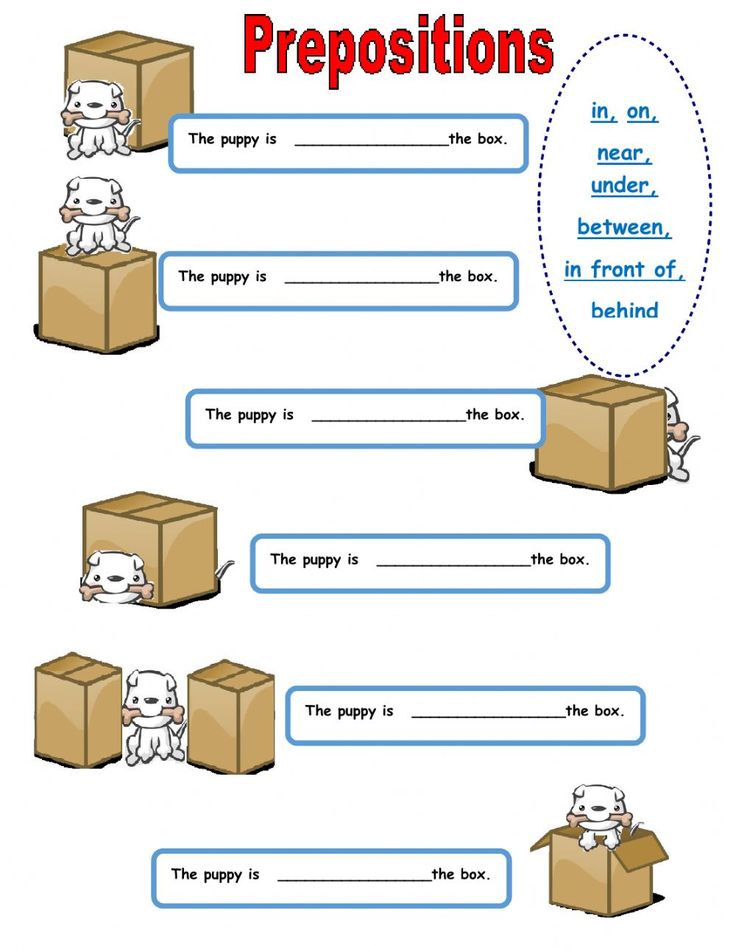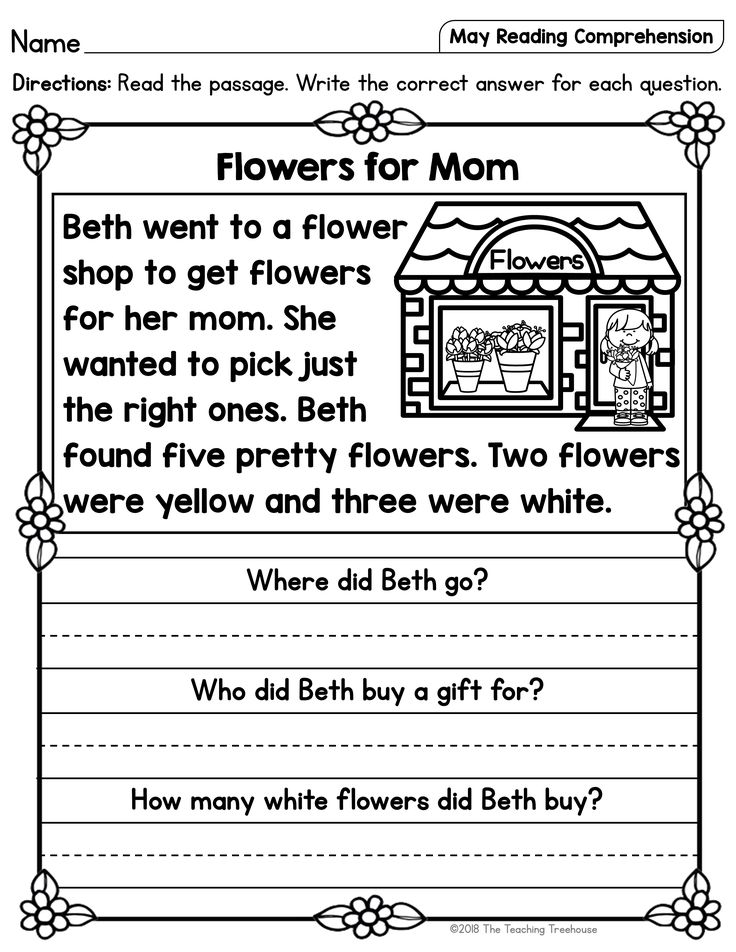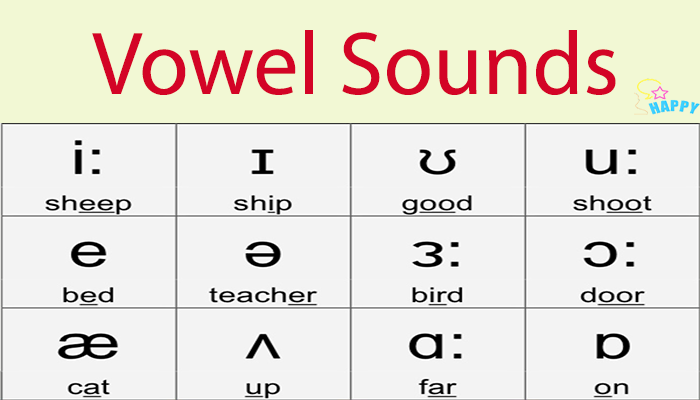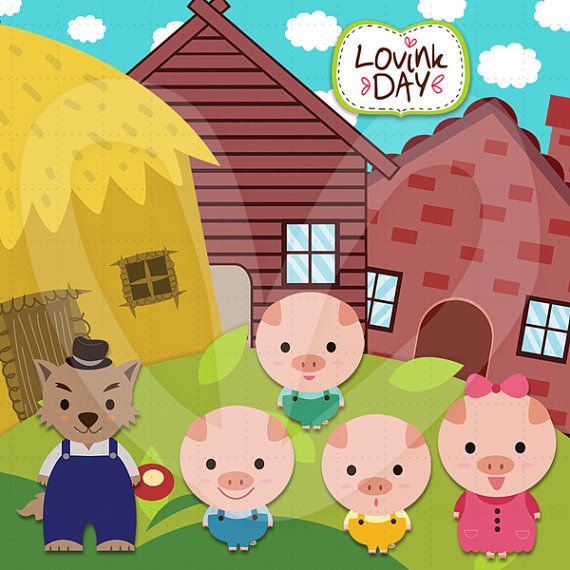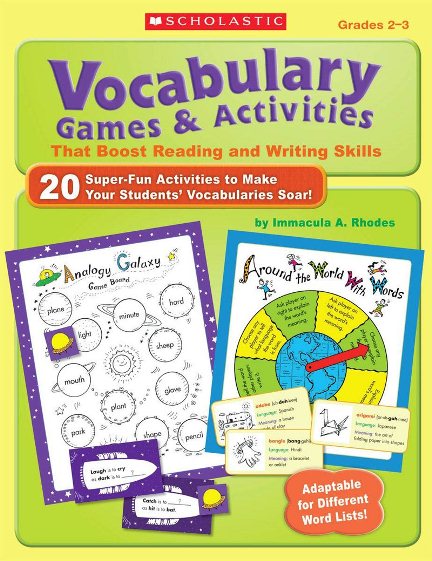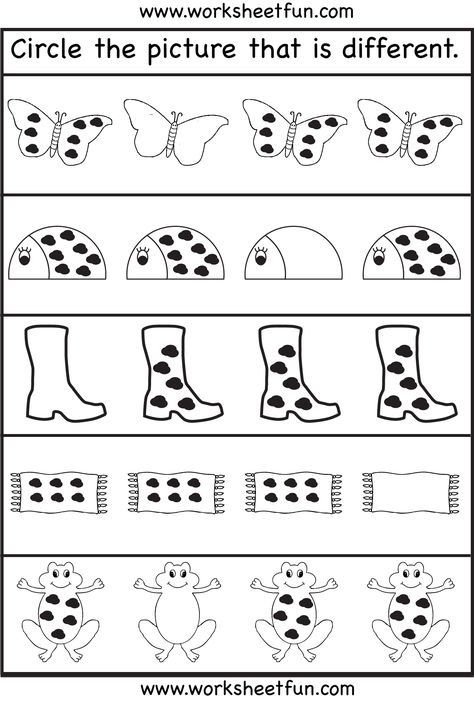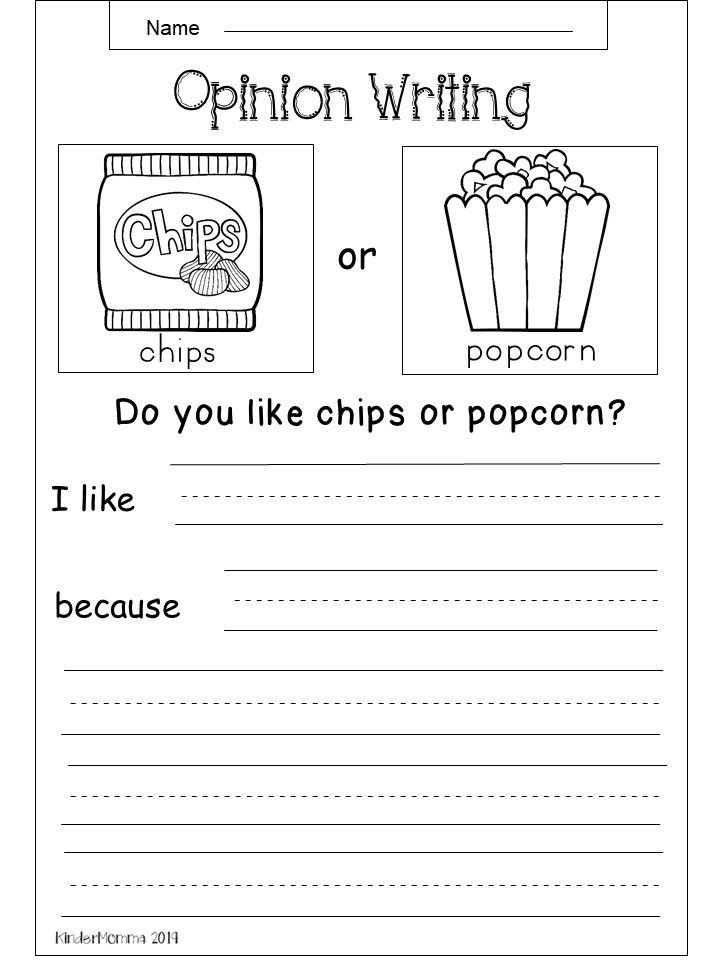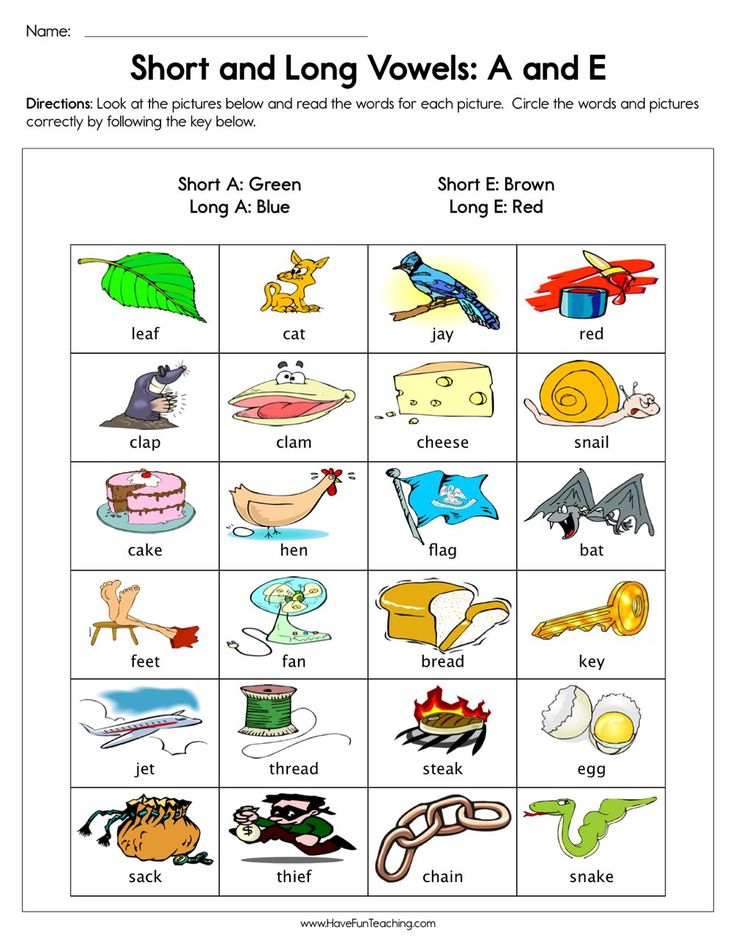Skills with children
5 Skills and Qualities You Should Be Working On
Most people love the idea of working with children but not everybody has the skills or the personality for it. Kids, contrary to what you might have been told or brought up to believe, are not simply “regular people in miniature form.” They are unique beings who are still developing into the people you’re used to dealing with in the adult world which means they haven’t yet learned most of the skills, coping mechanisms, and boundaries that you take for granted as being inherent.
Working with children is much different from working with adults. And furthermore, working with little kids is much different from working with older kids. If you’ve got your heart set on working with children (whether as an educator, an entertainer or in human services), here are five skills you need to hone.
Patience
Patience is listed first because it is the most important. Remember: children are not adults. They process things differently than adults do and bridging the gap between what you know and what they understand can be frustrating. You’re going to have to repeat yourself a lot. You’re going to have to explain a lot. You’re going to have to deal with distractions and a bunch of other focus-grabbers. You are going to need a deep well of patience to keep from getting frustrated.
Note: Kid time is much different than grown-up time. If you have ever played “house” with a young child, you’ll know what we’re talking about.
The Ability to Hide Frustration or Annoyance
Kids can pick up on even the slightest shift in your demeanor. It is important that you learn how to hide tiredness, frustration, etc. You don’t have to be happy all the time and it is okay to let a child know that you are not happy with him when he or she misbehaves. Groaning when they insist on a twelfth read through of The Hungry Caterpillar, however, can be demoralizing for them. Learn how to hide your boredom, frustration and exhaustion.
Hint: Movie night wasn’t invented out of thin air!
Keeping Calm in an Emergency
Kids freak out when adults freak out. This can make a stressful situation infinitely worse. It is important, then, to learn how to keep your cool when things go awry—even if your heart is pounding and things around you are chaotic. Working with children—especially in large groups—means maintaining a calm presence even when everything else is overwhelming. Remember—your kids will look to you for how to act and deal with everything.
This can make a stressful situation infinitely worse. It is important, then, to learn how to keep your cool when things go awry—even if your heart is pounding and things around you are chaotic. Working with children—especially in large groups—means maintaining a calm presence even when everything else is overwhelming. Remember—your kids will look to you for how to act and deal with everything.
ADVERTISEMENT
Pro Tip: The best way to develop this sense of calm is to learn how to deal with difficult situations yourself. For example, going through first aid training and child and infant CPR classes will help keep you calm when emergencies happen because you’ll know what to do.
Communication
A lot of adults think that, to work with kids, they need to be able to “dumb down” the information they’re sharing. This is an unnecessarily burdensome misconception. There’s a difference between “dumbing down” information and using examples children can relate to when you need to illustrate an idea.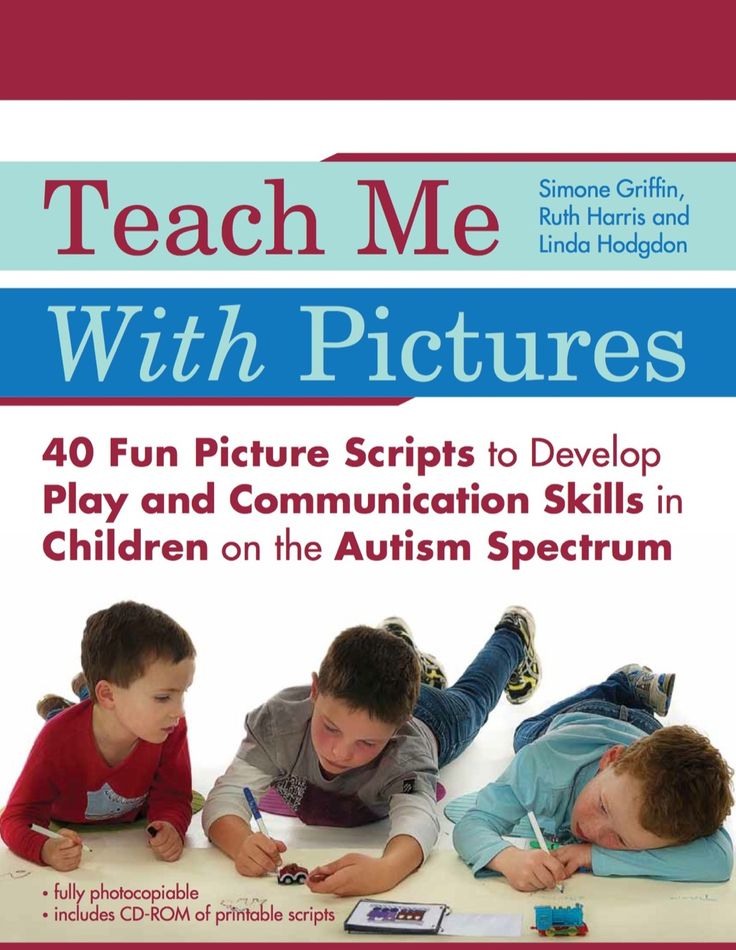 Children learn primarily through examples and stories, so talking about situations they can relate to is the best way to teach them new skills and explain new concepts.
Children learn primarily through examples and stories, so talking about situations they can relate to is the best way to teach them new skills and explain new concepts.
Enthusiasm
You have to actually like and enjoy spending time with kids if you ever want to work with them successfully. Kids know when an adult is uncomfortable and many get a kick out of exploiting that discomfort. You also have to have enthusiasm for the things you’re trying to teach the kids you’re working with. Kids aren’t going to want to do or learn anything that you talk about with a frown.
These are just five skills and qualities that you need to master if you want to successfully work with children. Most of the more technical skills, you’ll find, will fall under one of these umbrella traits.
6 Life Skills Your Child Needs and How To Develop Them – Primrose Schools
Skip to main content
Primrose School Logo
To search type and hit enter
WANT MORE PARENTING TIPS?
Sign up for our newsletter to get advice and resources delivered to your inbox.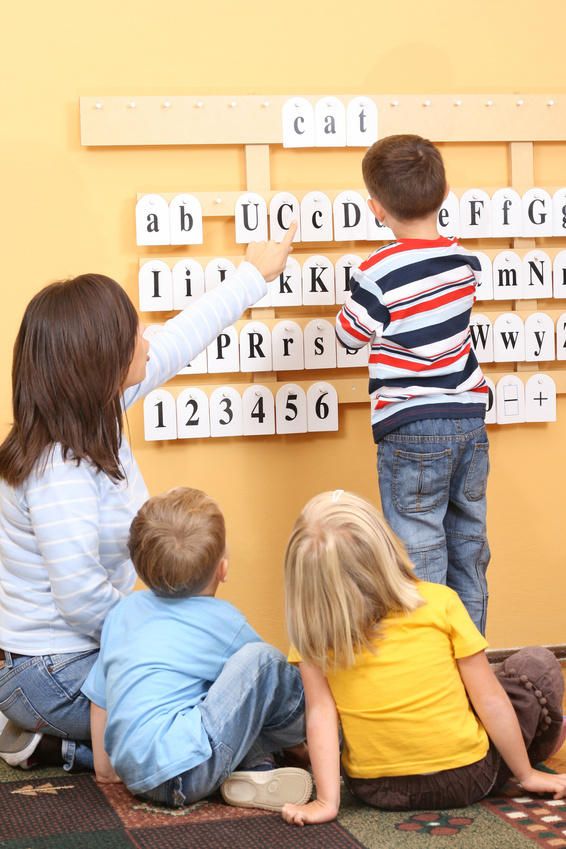
Sign Up
By Primrose Schools
Did you know you can help your child succeed in the future by encouraging a few simple skills at home? The foundation for executive function skills (like problem solving and self-control) is built in the earliest years of a child’s life and can ultimately lead to more success in a future career.
According to a recent survey, executive function skills are more highly valued in entry-level job candidates than technical abilities, academic background and other factors. Here are tips and resources to help foster these important skills: teamwork, adaptability, critical thinking, problem solving, self-control and working memory.
Teamwork
Teamwork is an essential skill for every young child to learn – it comes into play in many everyday situations, like during a playdate with a friend or when helping parents or siblings with chores. Encourage your child to strengthen her teamwork skills at home or on-the-go with these tips. Read More
Read More
Adaptability
Adaptability might seem like a skill that is too advanced for a toddler, but it’s actually important to nurture it early in life. Use these activities to help your child learn to adapt. Read More
Critical Thinking
Critical thinking – the ability to take in new information and determine how best to use it – plays a large role in the lives of young children. Playtime is a great time to naturally focus on this skill, so try these activities to intentionally nurture critical thinking at home. Read More
Problem Solving
All parents want their children to be excellent problem solvers, but did you know that nurturing skills like problem solving early in life can help children become more successful adults? Here are tips for encouraging problem solving at home. Read More
Self-Control
Whether it’s an argument between siblings, an angry outburst before bedtime or crying about not getting their way, all children struggle with self-control at some point. Try these activities to help your child build his self-control. Read More
Try these activities to help your child build his self-control. Read More
Working Memory
Your child’s working memory does more than just help her remember information; it gives her the ability to put information to use, like following directions or rules and completing multi-step tasks. Help your child develop her working memory with these activities. Read More
Find a Primrose School Near You
Inspire a lifelong love of learning. Contact your local Primrose to schedule a tour.
Find A School
Get more parenting and early education tips.
Sign Up
SEARCH BLOG
Search Form>
Sample resume in teacher | Key skills, job responsibilities
On the shoulders of kindergarten teacher falls a huge task to form and lay the basic personal qualities in a preschooler. In addition, they bear full responsibility for the life and health of their wards while the parents are at work.
In addition, they bear full responsibility for the life and health of their wards while the parents are at work.
That is why conscientious employers conduct a strict selection of applicants for this position. Effective teacher resume sample will help you get an invitation to an interview and get a job in a preschool that will meet the requirements of the applicant. Nanny
How to write a teacher's resume
Proper completion of the questionnaire is a presentation of the applicant's professionalism. So that a kind of business card does not become an obstacle on the way to the desired position, special attention should be paid to each section.
According to the filling plan, the teacher's resume should include the following information:
- Personal information - last name, first name, patronymic, place of residence, contact details.

- Target direction of the document - you should indicate the specific position that you would like to occupy. For example, a senior teacher in a preschool educational institution.
- Level of education - in this section it is necessary to list all completed educational institutions, received specialties that relate to the position of educator. An important role is played by self-development in terms of passing advanced training courses, trainings, seminars. If you have such an experience, be sure to tell about it.
- Work experience - if you have already worked in a kindergarten, this will be a huge advantage. List your most recent years of professional activity in reverse chronological order. Be sure to list your job responsibilities. The lack of experience in the resume of a preschool teacher, a sample of which is presented in the article, can be beaten with a cover letter.
- Professional skills and personal qualities - tell us briefly about your main skills and characteristics.
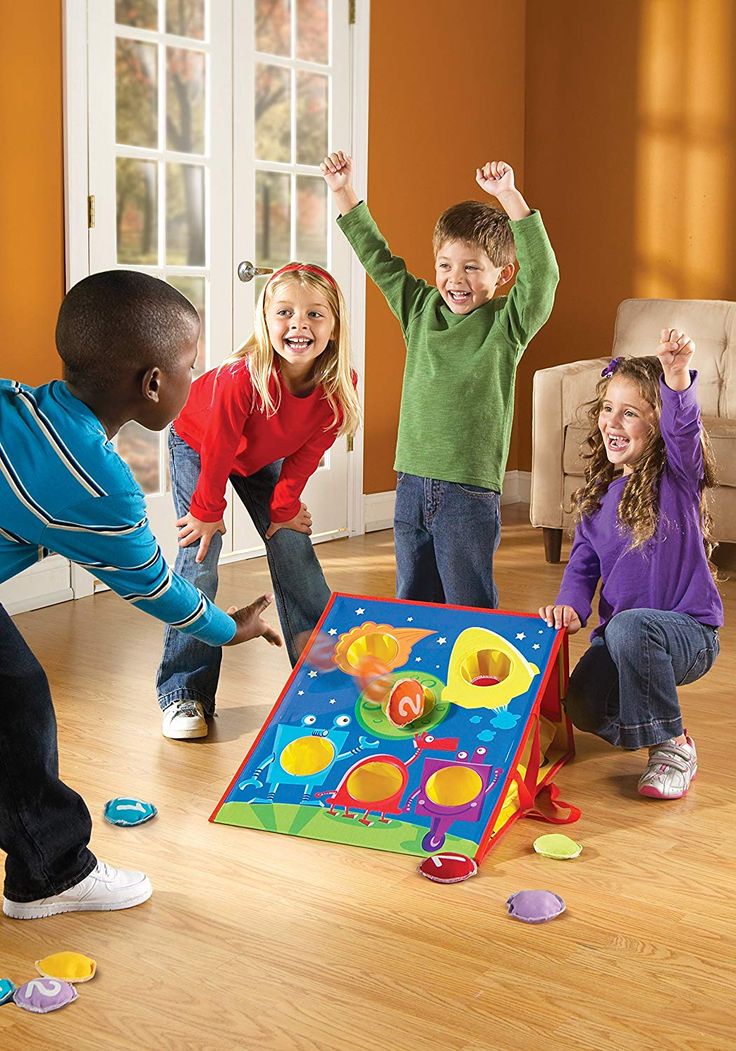 All information must be true and relate only to the position of a teacher of a preschool institution.
All information must be true and relate only to the position of a teacher of a preschool institution. - Additional information - in the "about yourself" section, share important data about your achievements, unique methods and other information that was not included in the previous blocks.
- Recommendations and cover letters: the first document can be prepared for you by a previous employer, the second will have to be written by yourself.
As for the presence of a photo in the educator's application form, this is a rather controversial issue. On the one hand, external data in working with children is not so important, since the main thing is the ability to find a common language with pupils. However, experts believe that the sample of effective resume for employment as an educator in preschool educational institution must contain a full-face business photo.
Separately, it is worth noting the indication of the e-mail address. For the best self-presentation of the email, it should consist of personal data or target direction of the questionnaire:
For the best self-presentation of the email, it should consist of personal data or target direction of the questionnaire:
| Correct | incorrect | vospitatel@myresum | Educator experience |
|---|
Personal qualities of an educator
Based on the listed professional skills, employers form certain wishes regarding personal qualities .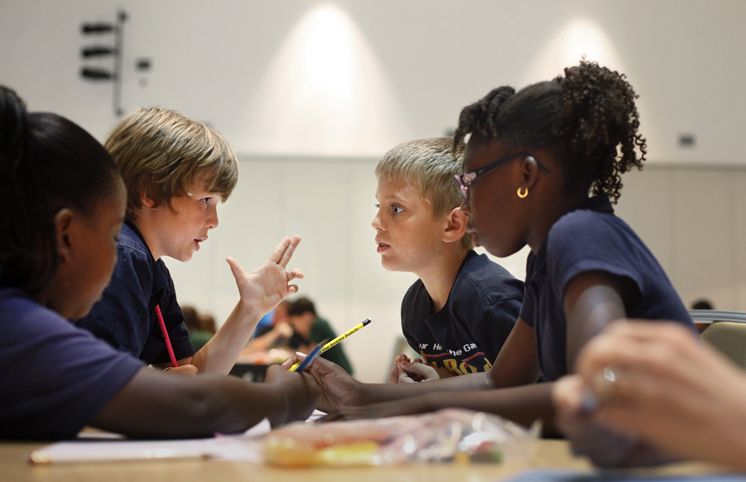
Qualities of a person who spends a lot of time with children:
| Emotional stability | |
| Friendliness | Diligence |
About yourself in the teacher’s resume
It's a good idea to list specific achievements, awards for participating in competitions, diplomas from the Ministry of Education, etc.
You can add additional skills to the questionnaire that can be applied in this job. For example, in a self-presentation, one can mention the knowledge of a PC, foreign languages, the ability to provide first aid.
When filling out the questionnaire, you should not talk about personal hobbies, write memoirs about love for children, describe your superiority.
Extra information makes the document heavier and non-unique. Remember that all false information becomes clear during the interview.
Contact details of the educator
There are no special requirements for filling out this section. As a general rule, all contact information provided must be up-to-date and current.
The final stage before sending the resume of the teacher
Ideal sample resume of the teacher does not contain grammatical errors, typos, extra information.
The document must have a clear structure and be consistent in style.
A ready-made resume template, which can be downloaded from our website, will facilitate the task.
Before printing or sending, read the text aloud several times and check the indicated information with the sources of information. The result should be a unique self-presentation that will set you apart from the general mass of applicants and provide the desired response.
Top 10 Career Resume Skills (with Tips) • BUOM
By Indeed Editorial Team
Feb 22, 2021
Childcare employers want to know you have the talent and preparation to ensure you are safe and an attractive environment for children. The skills section on your resume is a way to show them what you do. When applying for a job as a caregiver, your resume should showcase your experience with children and highlight your skills that make you an ideal candidate. Employers often select candidates with the best skills to move on to the next stage of the hiring process..
The skills section on your resume is a way to show them what you do. When applying for a job as a caregiver, your resume should showcase your experience with children and highlight your skills that make you an ideal candidate. Employers often select candidates with the best skills to move on to the next stage of the hiring process..
In this article, we look at the top 10 skills on a child care resume, how you can improve them, and how to highlight them during an interview.
What are childcare resume skills?
Nursing skills on a resume are the abilities you use when caring for children and toddlers. These include, but are not limited to, understanding the basics of early childhood development, designing fun activities for children, and keeping their environment safe.
Related**: [10 Steps for Building a Resume**](https://www.indeed.com/career-advice/resumes-cover-letters/steps-for-building-a-resume)
What do educators for children?
The caregiver takes care of the education, nutrition, emotional and social needs of the child in their care.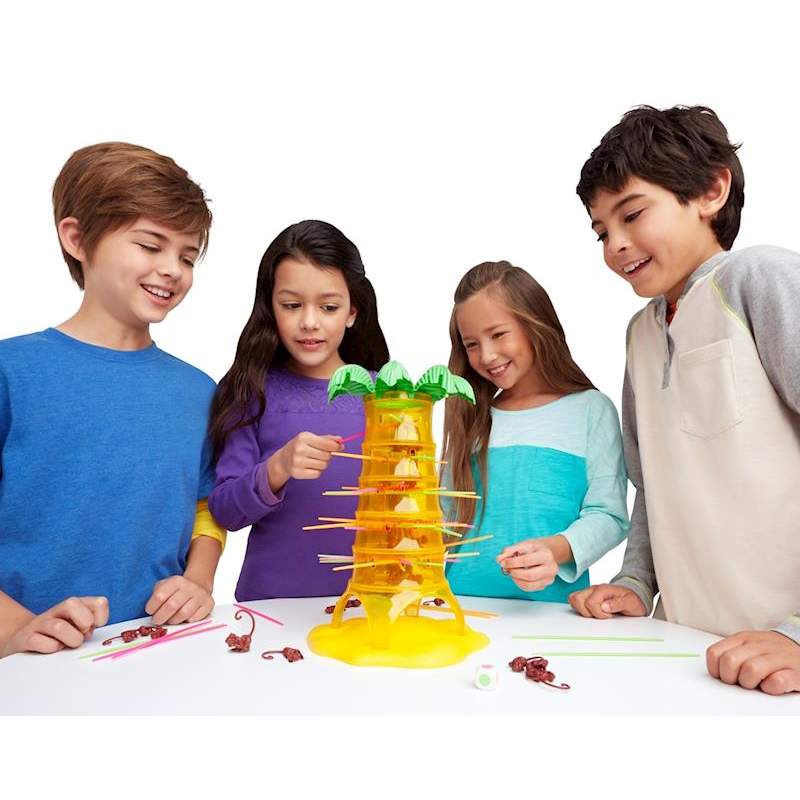 They also supervise recreational activities, helping children in their development.
They also supervise recreational activities, helping children in their development.
Child caregivers prepare meals, help children maintain hygiene, provide adequate physical activity and rest, and educate parents about any problems a child may have.
Child Care Resume Skills Examples
Your resume as a caregiver must show that you love spending time with children and are professionally trained to handle the various situations that may arise.
Here are some examples of skills to list on your child care resume:
1. Excellent, age-appropriate communication
Age-appropriate communication skills mean you can speak to children in simple terms that they can understand according to their age.
Many young children love fairy tales and often learn from them. Thus, early childhood educators must be able to convey new concepts to children in a creative and appropriate manner. You also need to communicate with parents about their child's needs, problems, and achievements.
2. Active listening
Active listening means paying attention to what the child is saying. This is important because it shows the child the level of care and importance you place on the child's needs.
One of the best ways to practice active listening is to stop what you are doing and focus entirely on the child. Maintain eye contact and get down to your child's level. You can repeat what the child says so that he feels that you understand. By being an active listener, you are more likely to build trust with your children, which means they will come to you for help.
3. Self-control and patience
Dealing with frustrated children is often difficult, so you need a high level of patience. Children often have short attention spans and may not listen to you all the time. You may need to repeat yourself before you get your point across.
When communicating with children, self-control is necessary so as not to upset them with your words or actions. Good educators carefully control their words and actions.
Good educators carefully control their words and actions.
4. Time Management
Time management simply means the efficient use of your time to achieve all your goals for the day. This can be difficult to achieve if you are often interrupted by children who need your help, phone calls and paperwork.
By making some simple adjustments to your routine, you can achieve more in a short time. Good time management skills are essential for work-life balance. Here are some strategies:
-
Start your day with a plan. Take your time to relax in the morning and spend a few minutes planning your day.
-
Prioritize tasks. Make sure you put the most important things first. Check your to-do list and prioritize the urgent ones.
-
Take regular breaks. Breaks are important in a stressful environment because they help you return to your duties with fresh thoughts.
5. Compassion
Compassion helps you deal with upset children. Even something as simple as not knowing how to open a lunchbox can be frustrating for a child. This can lead to tantrums and other negative behaviors. As a compassionate child care worker, you must know how to handle the situation calmly but firmly.
Even something as simple as not knowing how to open a lunchbox can be frustrating for a child. This can lead to tantrums and other negative behaviors. As a compassionate child care worker, you must know how to handle the situation calmly but firmly.
In addition, when a child is injured, such as bruising his knee while playing, your ability to show compassion is vital to providing the best possible physical and emotional support.
6. Decision-making skills
When caring for children, different situations require decision-making skills to make appropriate judgments and respond to problems. You need to act quickly when difficult situations happen.
7. Physical endurance and tenacity
Child care workers with physical endurance are better equipped to keep up with active children. Working with children requires a high level of energy, from cleaning up after them to spontaneously running after them.
Caregivers may need to adjust to all sorts of positions, such as sitting down or lifting a child.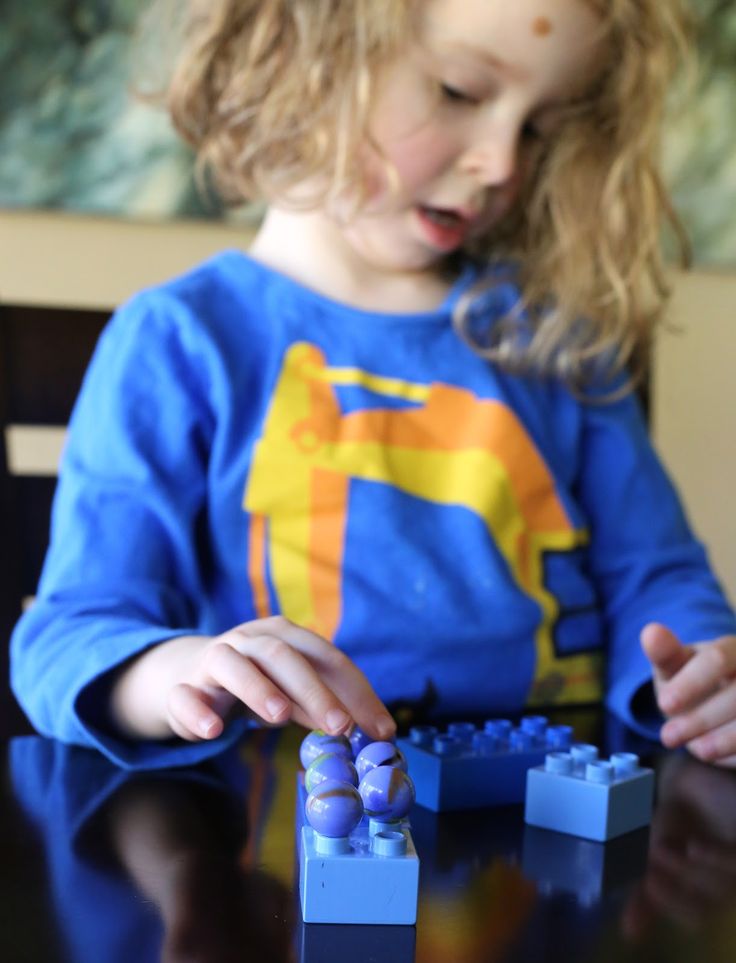 Working with a large group of children can be physically demanding. That's why it's important to be in good physical shape to participate in activities like lifting weights, carrying or playing.
Working with a large group of children can be physically demanding. That's why it's important to be in good physical shape to participate in activities like lifting weights, carrying or playing.
8. Good sense of humor and ability to entertain
As a rule, adults smile and laugh less than children. This should not be the case with a competent childcare worker. You need to be able to find humor even in a seemingly difficult situation.
If your child spills food on their clothes, don't be upset. Instead, try to find humor. Humor is one of the most important skills on a childcare resume because kids feel comfortable around you instead of being scared when they make a mistake.
9. Privacy
Working as a child care provider requires a high level of privacy. You can be hired to babysit a celebrity and gossip can ruin their career. Never post photos of your children on social media without their consent. This may even lead to litigation.
10.
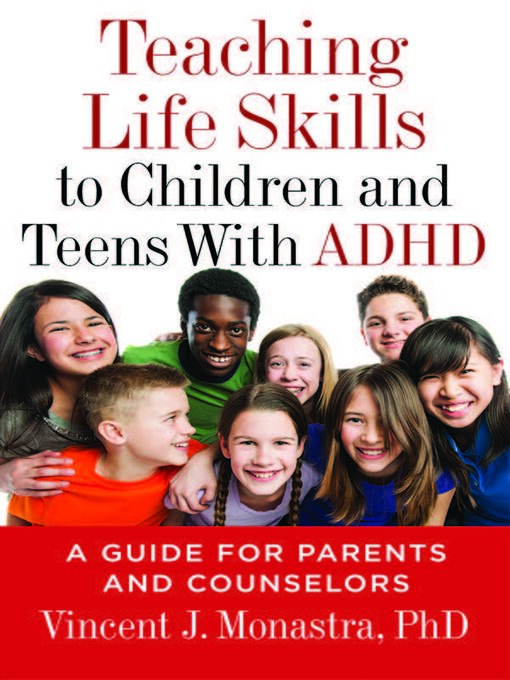 Understanding the nutritional and hygiene needs of children
Understanding the nutritional and hygiene needs of children Promoting healthy eating habits for children and maintaining high standards of hygiene is an important aspect of quality child care. Meals should take place in a pleasant atmosphere that promotes social interaction and learning.
Food hygiene is essential during preparation and serving. Encourage children to always wash their hands before eating.
How to improve child care resume skills
As long as you enjoy being around children, a little practice is all you need to improve your child care resume writing skills. Identify and work on your strengths:
1. Spend more time with your children
Before you enter the labor market, it is good to spend some time with your children. It could be your nieces, nephews, or neighborhood kids. You can even offer to babysit your friends' baby when he goes to work. Observe how children behave in different situations, thus revealing their character.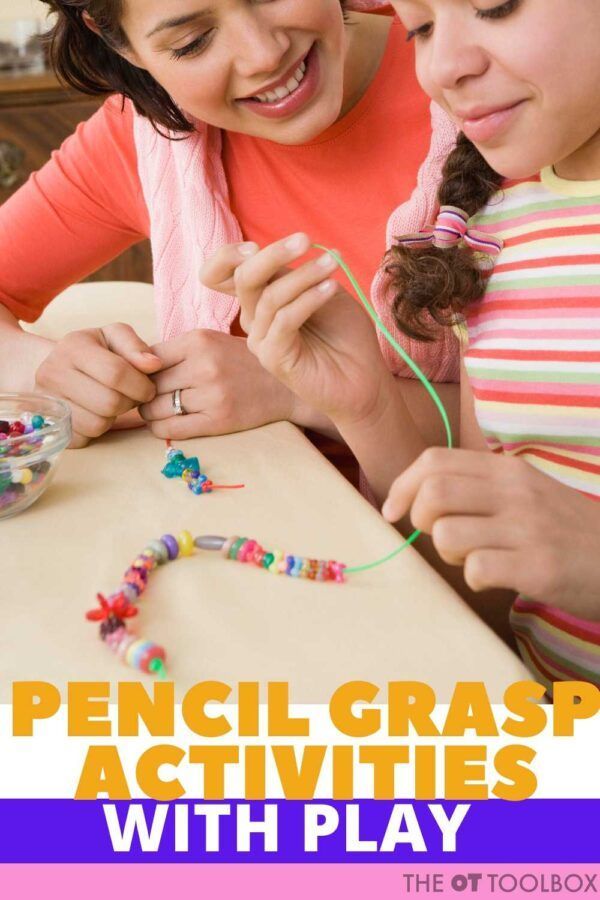
2. Volunteer at a daycare or daycare
Working in a daycare can give you first-hand experience of caring for children. It also puts into practice skills such as patience, self-control and compassion as you go about your daily activities.
Even if you are just starting out, you can highlight this volunteer experience as a goal on your resume.
3. Practice improving your communication with children
Every time you interact with children, practice how to improve your communication skills. Remind yourself to stop what you're doing and maintain eye contact when your child is talking to you, even at birthday parties.
4. Attend childcare courses
In addition to a high school diploma, some college education, especially in early childhood education, is preferable for employment as a caregiver. Educational requirements vary by state and position.
Some childcare facilities may require first aid training. There are many colleges or online classes that can help you expand your knowledge in this area and improve your childcare skills.
Practicing childcare skills in the workplace
There are several ways to practice your childcare skills in the workplace. Here are tips on how to be an effective child care provider:
Be a listener
Take your time to listen carefully when your child is talking to you and try to understand what he wants. Children are still learning to communicate and it can be difficult to understand what they are saying.
Be calm under pressure
Babysitting can be hard work. You may need to change dirty diapers, repeat several times, or soothe a crying baby. All of these situations can be stressful. Train yourself to remain calm under such pressure and deal with the situation calmly.
Show compassion
A child in your care may become frustrated because he cannot perform a certain task, such as tying his shoelace. Show compassion by offering help.
Be a great artist
Children love to be entertained with songs, stories and games. Actively participate in these fun activities to introduce babies and toddlers to the basic concepts.
Actively participate in these fun activities to introduce babies and toddlers to the basic concepts.
Watch for signs of emotional problems
A good child care provider must be alert to the emotional needs of children. If you notice any change in behavior, let your parents know.
Highlighting childcare skills in resumes
Your resume should grab the employer's attention by showing them evidence of your skills, formal education, certifications and work experience that show you are a good fit for the job. Start with an impressive resume objective and show your work history starting with the most recent one. Include additional sections such as hobbies and interests and the ability to speak a second language.
Review your resume to make sure there are no spelling or grammatical errors. Don't send a resume that looks like it was written in a hurry without proper thought. Use simple terms and be honest about your past work experience.
Highlight your childcare skills during the interview
During the interview, show enthusiasm for working with children and describe in detail the work you have done.

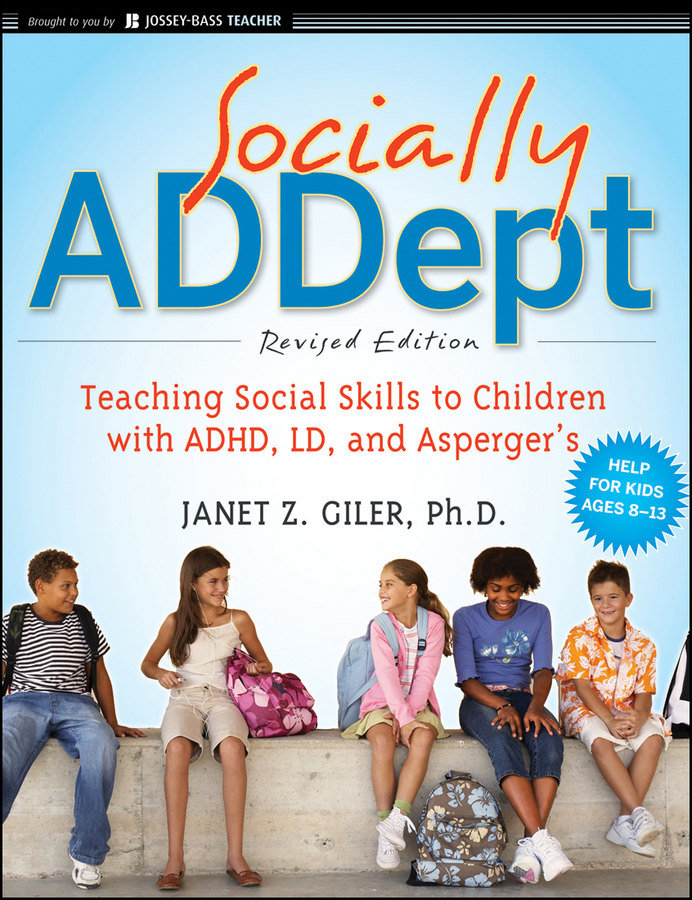 For example, initially you were an assistant teacher, and then, having received an education, you became an educator.
For example, initially you were an assistant teacher, and then, having received an education, you became an educator. 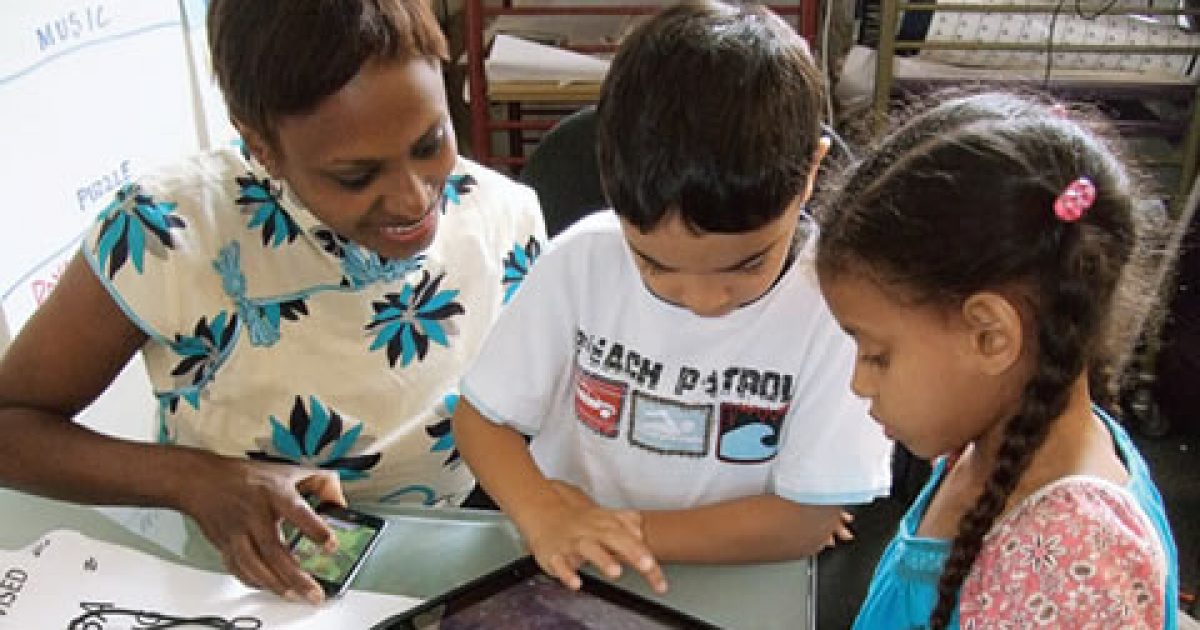 In the attached document, you can describe your knowledge and skills in more detail.
In the attached document, you can describe your knowledge and skills in more detail.  But in order to get a job as a nanny, specialized education, as a rule, is not required.
But in order to get a job as a nanny, specialized education, as a rule, is not required.  ;
; 